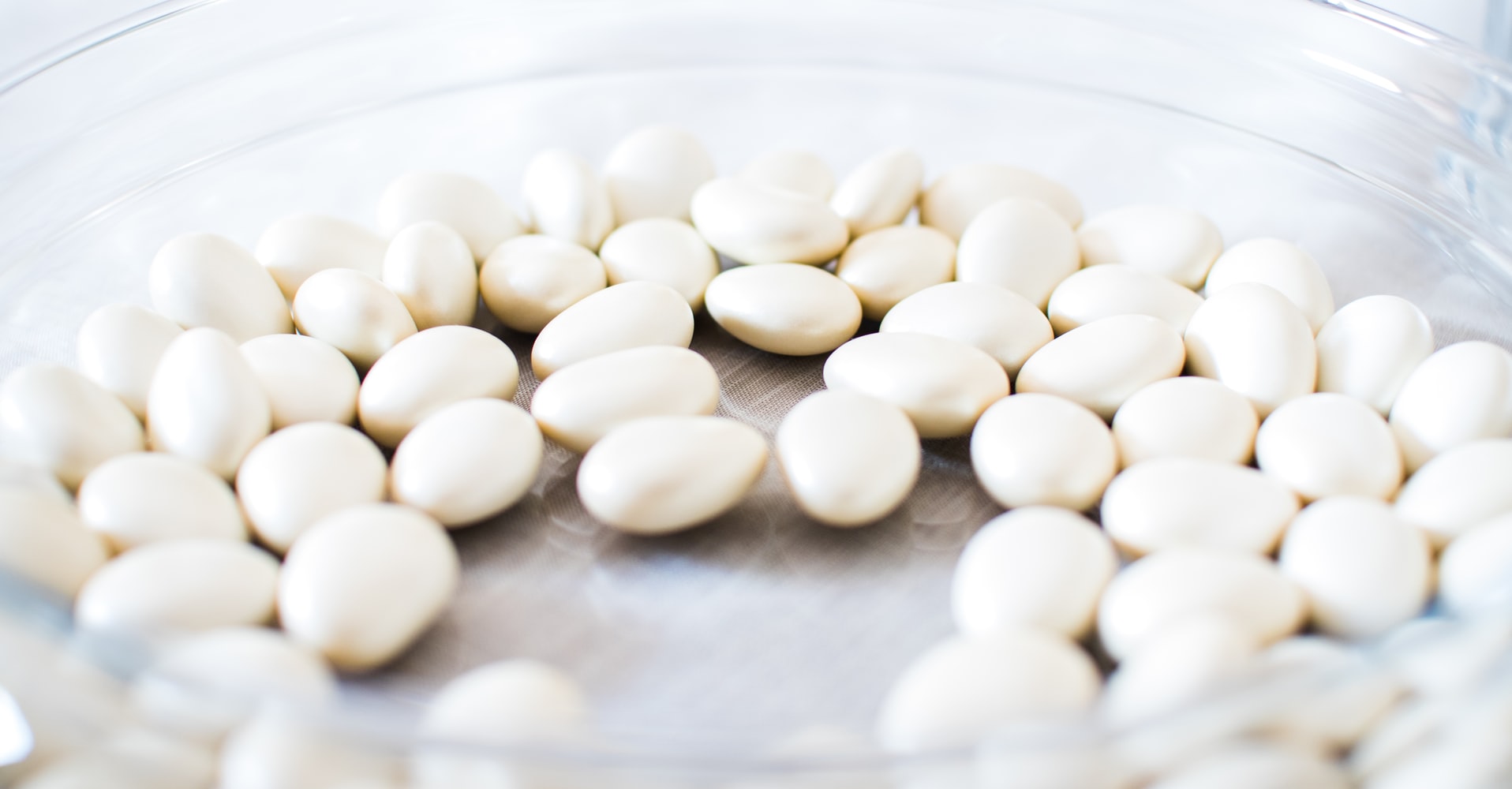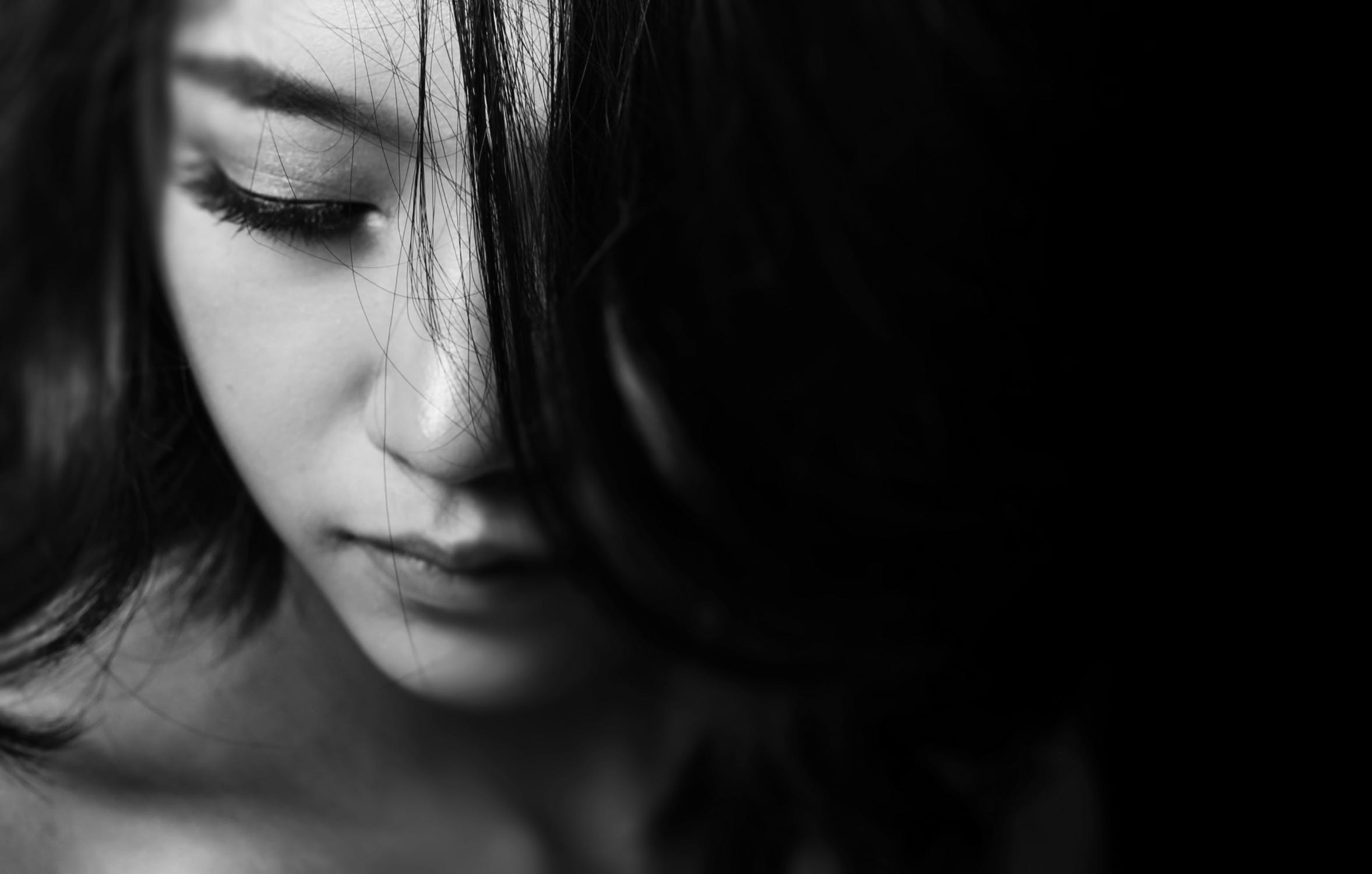
Hearing the diagnosis of bipolar disorder can be confusing when you aren’t aware of what the condition entails. The overwhelming feelings are depression, anxiety, and anger. Unfortunately, bipolar disorder can be more detrimental to your life than periodic bouts of depression.
What is Bipolar Disorder? Bipolar disorder is a condition formerly known as manic-depression. It causes noticeable increases and drops in energy, major swings in mood, high levels of anxiety, irritability, agitation, and difficulty in getting things done. It creates difficulties in all types of social relationships as well, which can lead to feelings of isolation and difficulty retaining friendships. The spectrum is wide, and the severity varies in each individual.
What is the Difference Between Bipolar 1 and Bipolar 2?
Bipolar 1 and bipolar 2 are similar in nature but vary in the severity of symptoms. The most extreme is bipolar 1. It can include manic periods of high activity and agitation for weeks at a time. It’s typically followed by two weeks or more of declining mood and depression. Bipolar two can also last for weeks but is not always as noticeable. The variance between manic highs and depressive lows are milder. Accurate testing can help determine if you or your loved one suffer from either type of bipolar disorder.
What are the Major Bipolar Disorder Symptoms?
Bipolar disorder symptoms are similar for both bipolar 1 and 2, but manic periods are not present in type 2. A few of the symptoms to watch out for are:
The symptoms you or your loved one experience can be some or all of those listed above. The severity can determine what course of treatment is offered to get relief. Fortunately, getting the treatment needed to feel better and live a more normal life is available.

Risk Factors of STI’s In Youth Bipolar Disorder
Many people diagnosed with bipolar disorder are adolescents or young adults, although it can remain undiagnosed up to the thirties or forties. One signature problem endemic to bipolar disorder is the engagement in risky behaviors, especially in youth. Risky sexual behavior is one problem experienced by many of the youth diagnosed with bipolar disorder. The risks they take often lead to a sexually transmitted infection. No correlation has ever been made to determine the extent of risky behavior in response to the severity of the condition.
It’s important to educate young people about the risks of contracting STI’s through risky sexual behaviors. It’s important to cover all areas of treatment in regard to risky behavior and teach how to break free from the temptations; even while experiencing the symptoms of bipolar disorder.
Substance Abuse and Youth Bipolar Disorder
No one school of thought dominates the theories on why substance abuse and bipolar disorder in youth seem to go hand-in-hand. One school of thought insists it’s a genetic predisposition, another that it’s simply a part of the risky behavior, and yet another says it’s due to self-medicating to mask symptoms. In truth, it’s probably a blend of more than one causing the adolescent or young adult to imbibe in recreational drugs. It can then lead to tolerance and move to addiction in a short amount of time.
Treatment will need to include a transition to the proper medications to treat bipolar disorder and treatment for substance abuse. Dual diagnosis treatment is an effective way to improve your life quickly. Quality treatment has experts in this type of program capable of changing lives for the better.
What Bipolar Disorder Medications Prove Helpful?
The total treatment for bipolar disorder will normally include some type of medication. Mood stabilizers help manage and level out the moods on a daily basis. It can also help keep you from relapsing into a manic or depressive episode. The tricky part of medication is getting the right one and in the correct dosage for your condition. A doctor will work closely with you to get the medication working at optimal levels.
A few of the medications used for mood stabilization in bipolar disorder are:

All medications can have side effects. It’s essential to establish a good relationship with your doctor to report any bad side effects and problems with medications. The goal of bipolar disorder medications is to feel as much relief from symptoms as possible without experiencing excessive drowsiness.
Other Treatment Options
To enhance your wellness with bipolar disorder, it takes more than settling into a regimen of daily medications. The following are additional treatment options to help maintain a balanced mood for a lifetime.
Talk Therapy
Talking about the stresses in your life and setting goals with a therapeutic professional is another way to ensure treatment success. It’s always advisable to add talk therapy sessions into your weekly or monthly routine.
Bipolar Disorder Education
Understanding bipolar disorder and being able to recognize the symptoms is an important part of recovery. It helps avoid further hospitalizations or extreme episodes of mania or depression.
Dual Diagnosis Treatment
Both substance abuse and bipolar disorder treatment will have to happen concurrently if there is a dual condition at work. It helps make the chances of success better.
Relaxation Therapy
Learning how to relax every day is a huge step in the right direction. The less stress and anxiety you feel, the better it is for your condition.
You’re not alone when it comes to fighting for the ability to live a stable, healthy life. At Mission Harbor Behavioral Health, we offer the comprehensive treatment you need to live a full, happy life. Give us a call today.
The facilities at Mission Harbor are staffed with trained experts to best assist patients with their mental health issues. We are capable of dealing with any and all cases with a licensed staff, equipment, and approved techniques. Our mission is to help those who want to help themselves, and we support your decision in seeking help.
Get Help Now
Alcohol addiction is extremely difficult to overcome on your own.. Seek specialized help and let professionals guide you in your recovery.

